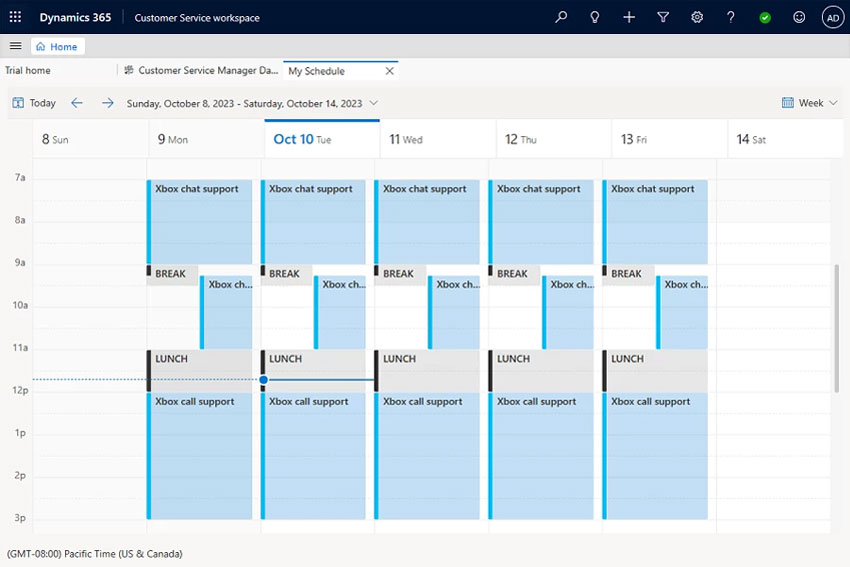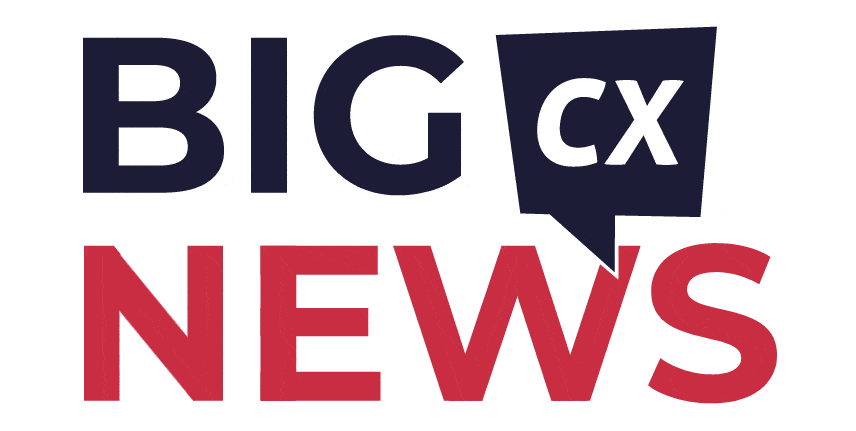From a high-profile CEO departure to new CX acquisitions, here are some extracts from our most popular news stories over the last seven days.
Twilio CEO Steps Down Amid Investor Pressure
Twilio CEO Jeff Lawson has resigned and been replaced by the firm’s president, Khozema Shipchandler.
Lawson’s departure comes as Twilio battles activist investors who demand a spin-off of certain assets or a complete sale of the business.
Lawson co-founded Twilio in 2008.
“Building Twilio over the past 15 years has been one of the most rewarding experiences of my life,” he said.
I’m proud to have led the company from zero to over $4 billion in annualised revenue, and now generating a 19% free cash flow margin as of our last earnings.
“I leave Twilio in the hands of a capable and talented management team who have my full support and respect. Khozema is a great leader, and I am confident he will lead the company well. Thank you to every Twilio customer, employee and developer I’ve had the privilege of building with. I can’t wait to see what you build next.”
New CEO Shipchandler joined CEO as chief financial officer in 2018 before moving to COO in October 2021 and then president of communications at the start of last year. Before joining Twilio, he spent over 22 years in various senior roles at General Electric.
As part of the management change, Jeff Epstein – a current board member – takes on the role of chair. (Read on…).
Zendesk Acquires Klaus, Creates a Comprehensive WEM Portfolio
Zendesk has signed a definitive agreement to acquire the quality assurance (QA) platform provider Klaus.
The acquisition comes after Zendesk’s 2023 roll-up of Tymeshift, a workforce management (WFM) provider that builds solutions exclusively for its platform.
Now, by combining these two platforms, Zendesk has a fully-fledged workforce engagement management (WEM) portfolio – and may try to compete with the likes of Verint, NICE, and Calabrio in that market.
Yet, Adrian McDermott, Chief Technology Officer, Zendesk, kept the focus on the immediate benefits Klaus may bring to its customers.
“As AI drives up the speed and frequency of customer engagement, only AI-powered quality assurance can keep up as companies work to identify and fix gaps in their customer service operations,” he said.
The combination of Zendesk AI and Klaus’ capabilities will help businesses navigate greater complexity and volume and ensure both digital and human agents deliver highly personal and empathetic service.
Indeed, with customer service teams facing more complex customer conversations – thanks to the uptick in self-service for simple queries – Klaus’s QA offering will help ease the burden on contact center agents that leverage Zendesk.
Furthermore, Klaus’s software scores 100 percent of customer support interactions. As such, each ticket may soon come with a quality score alongside additional snippets of conversational intelligence. Such intelligence includes sentiment insights, predicted churn risk, transfer rates, and more. (Read on…).
Calabrio Acquires Wysdom, Doubles Down on Conversational AI in WEM
Calabrio has snapped up Wysdom, a provider of contact center virtual agents.
The move adds to the workforce engagement management (WEM) frontrunner’s AI and machine learning capabilities.
Moreover, Calabrio disclosed that the move primarily aims to maximize its customers’ agent engagement rate, productivity, and return on investment (ROI).
The vendor may secure those outcomes by supporting Wysdom to further its efforts in developing software and services that enhance virtual agent performance.
Altogether, the conversational AI outfit has 75+ bot industry professionals supporting customers as they build their post-bot deployment strategy, working closely with operations teams as they monitor, tweak, and improve their offerings.
Yet, Calabrio may also aim to leverage their expertise to further the capabilities of Grant, its virtual agent that assists contact center agents in performing various scheduling tasks.
Such tasks include managing their shift preferences, requesting shift swaps, and claiming holidays.
With this knowledge, Calabrio automates scheduling and shift management activities for resource planners – and has developed a robust reputation for doing so since its 2019 acquisition of Teleopti.
Now, Kevin Jones, CEO of Calabrio, hinted that the acquisition will bolster the business’s workforce management (WFM) offering further. (Read on…).
Microsoft Builds a Workforce Management Adapter for Its CCaaS Platform
Microsoft has built a workforce management (WFM) adapter – together with TTEC Digital – for its CCaaS platform: Dynamics 365 Customer Service.
The “WFM Adapter” allows businesses to pull forecasting, live reporting, and historical reporting data from four of the WFM market’s most prominent providers. They are: Verint, NICE, Calabrio, and Alvaria.
Such capabilities are a critical addition to Microsoft’s CCaaS portfolio. After all, the tech juggernaut has only so far released native forecasting capabilities in public preview for its CCaaS platform.
As such, Dynamics 365 Customer Service customers will have so far kept their resource planning activities siloed from their central contact center platform. Yet, that will now change for many.
After all, the adapter is bidirectional, allowing data to shift seamlessly between the systems.
Moreover, the WFM adapter also offers “schedule sync” functionality. As Gopal Yuvaraj, Product Manager at Microsoft, stated in a Microsoft blog post:
With the enhanced adapter, organizations can use the schedule sync feature to seamlessly import schedules created in the WFM system directly into the agent calendar in Dynamics 365 Customer Service.
“This functionality empowers agents to conveniently review their daily schedules, including breaks, training sessions, and other activities directly in Dynamics 365 Customer Service, eliminating the need to navigate to an external WFM system.”

In implementing the feature and securing these benefits, Yuvaraj also claims contact centers may bolster agent performance and overall team efficiency. (Read on…)







